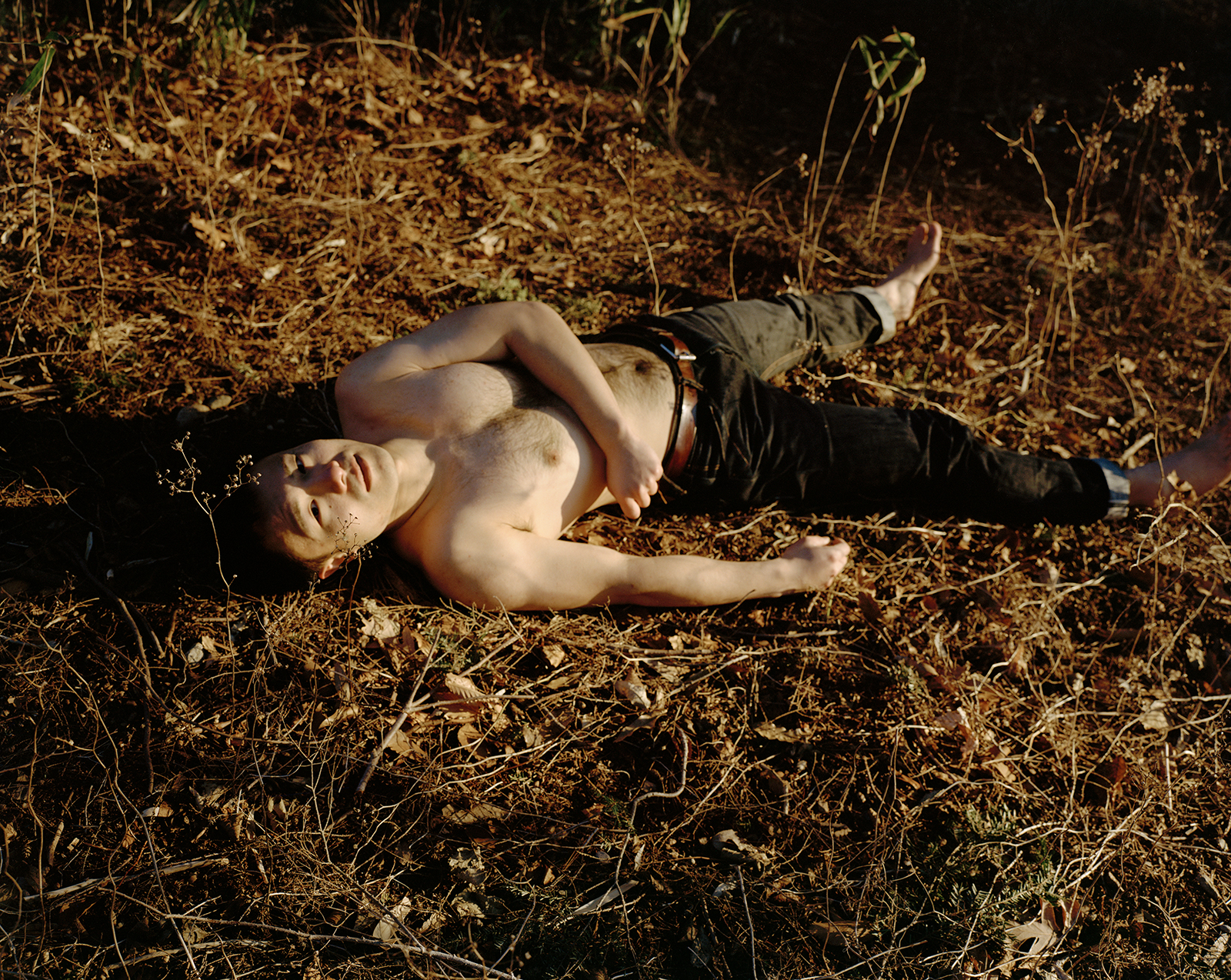
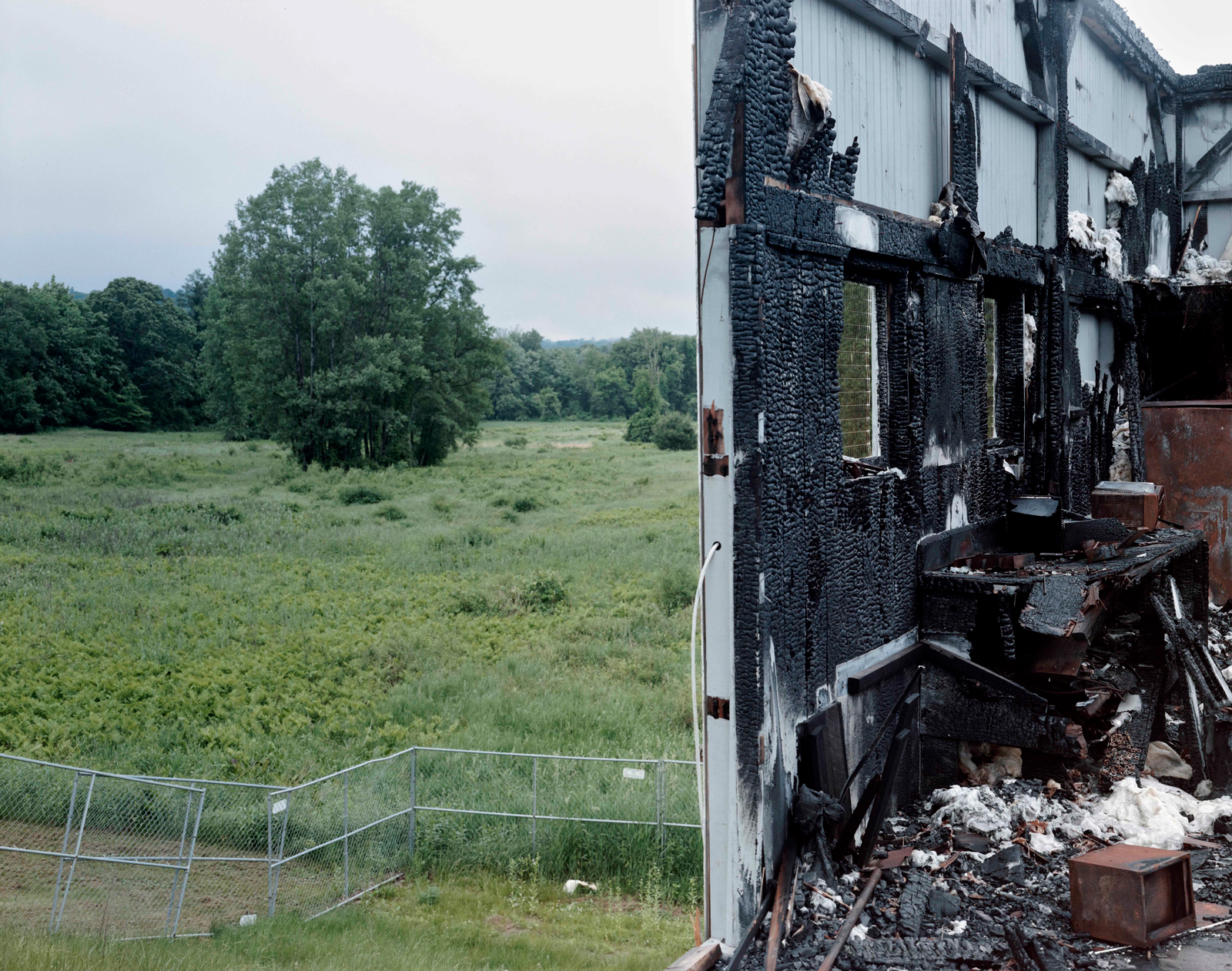
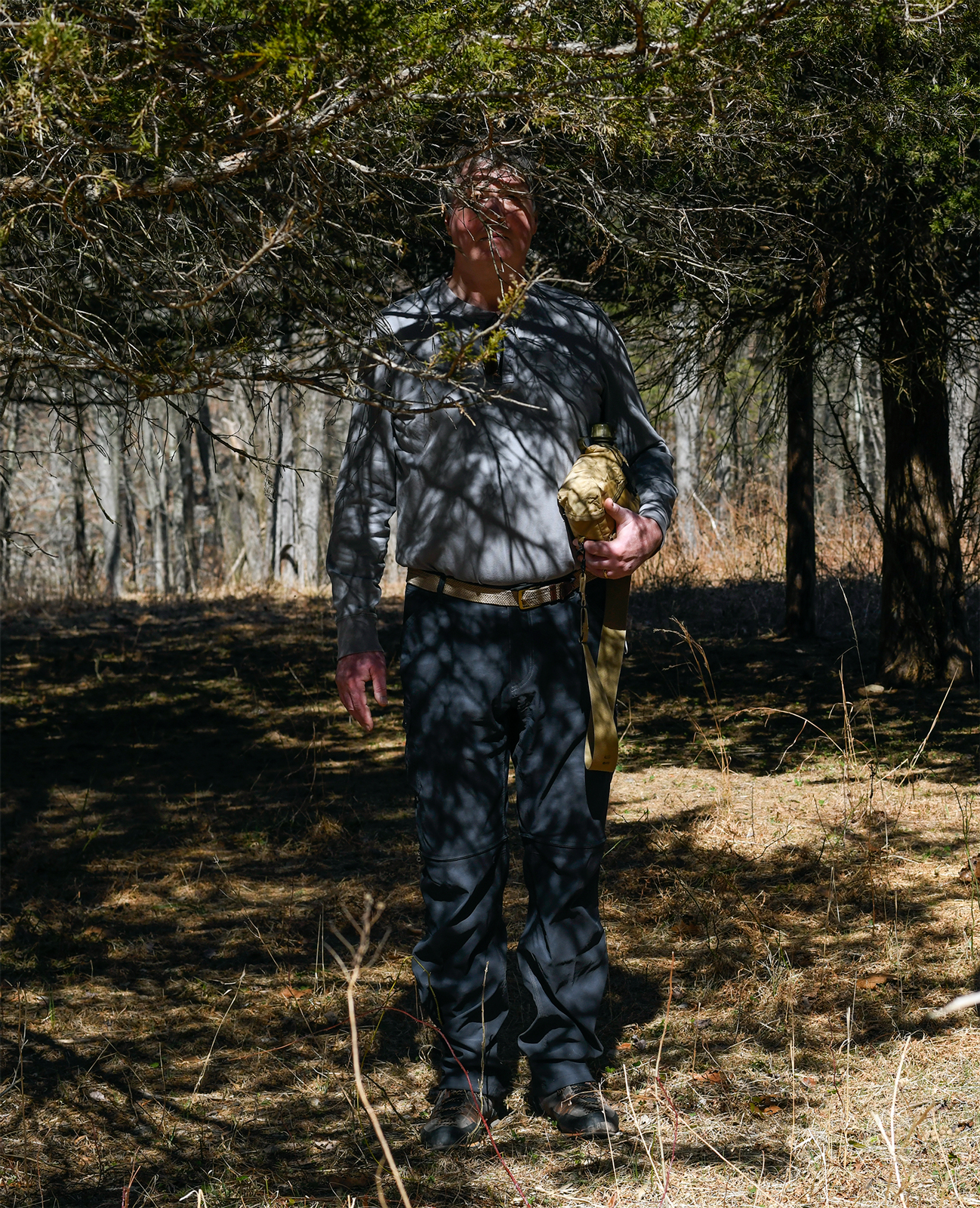
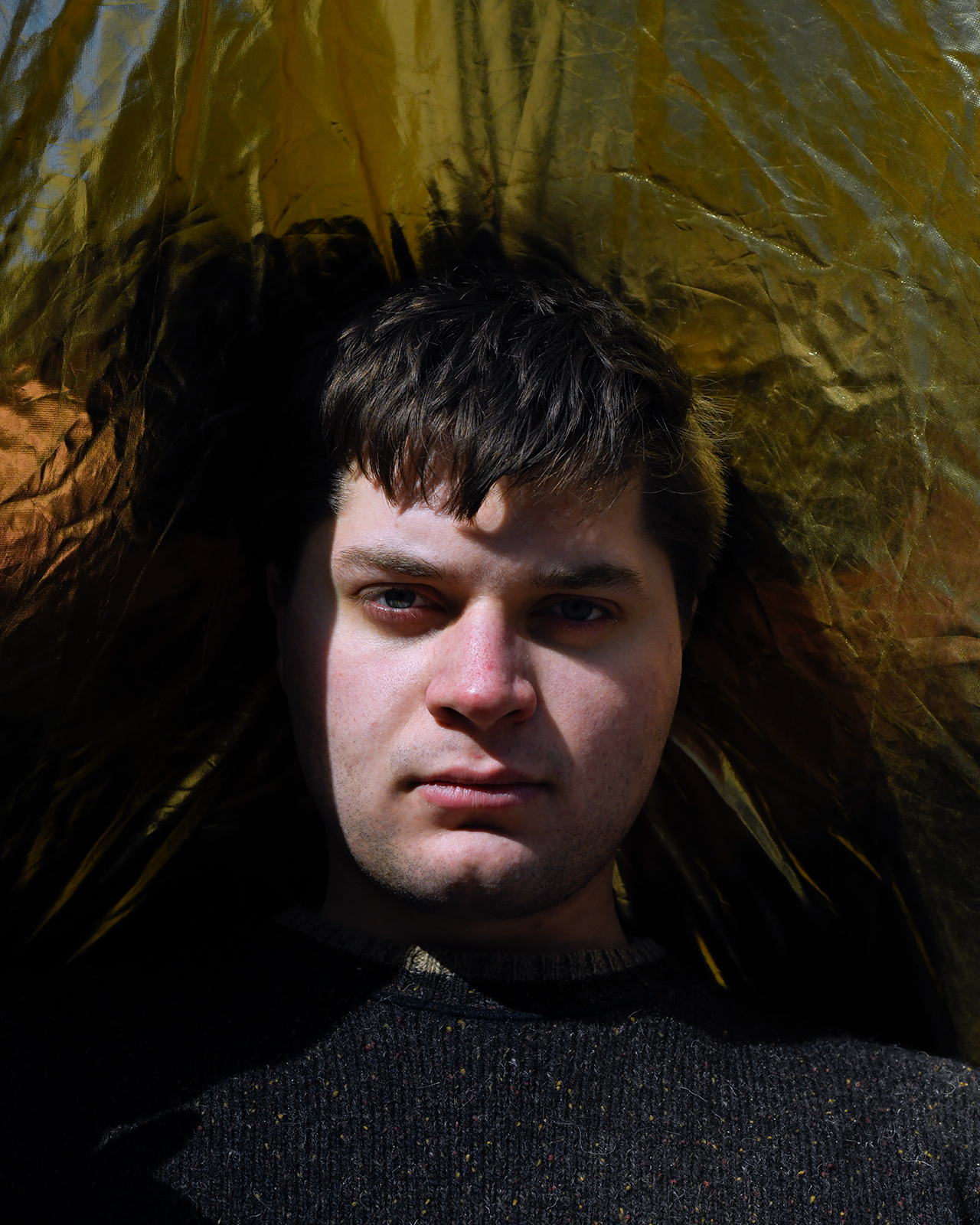
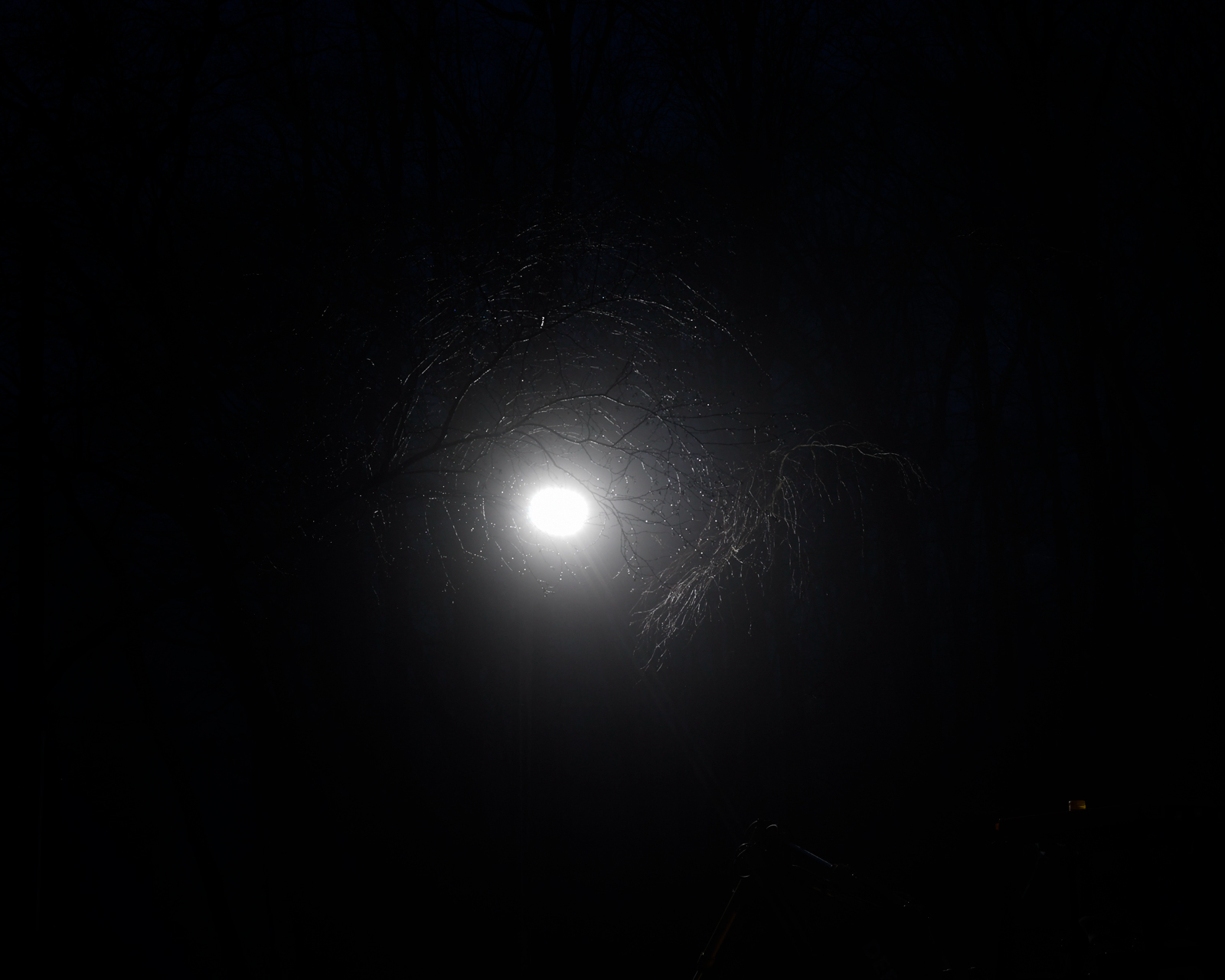
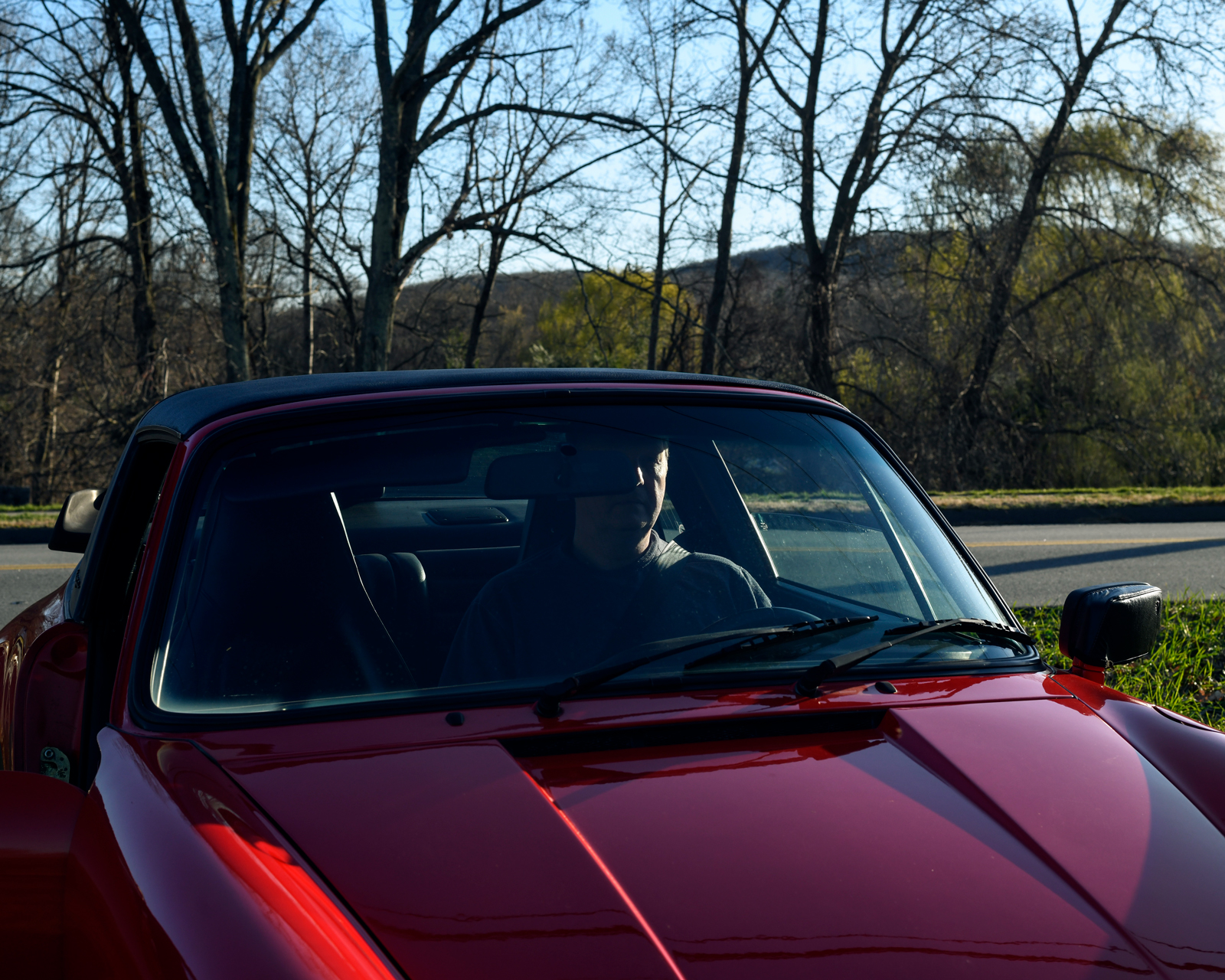
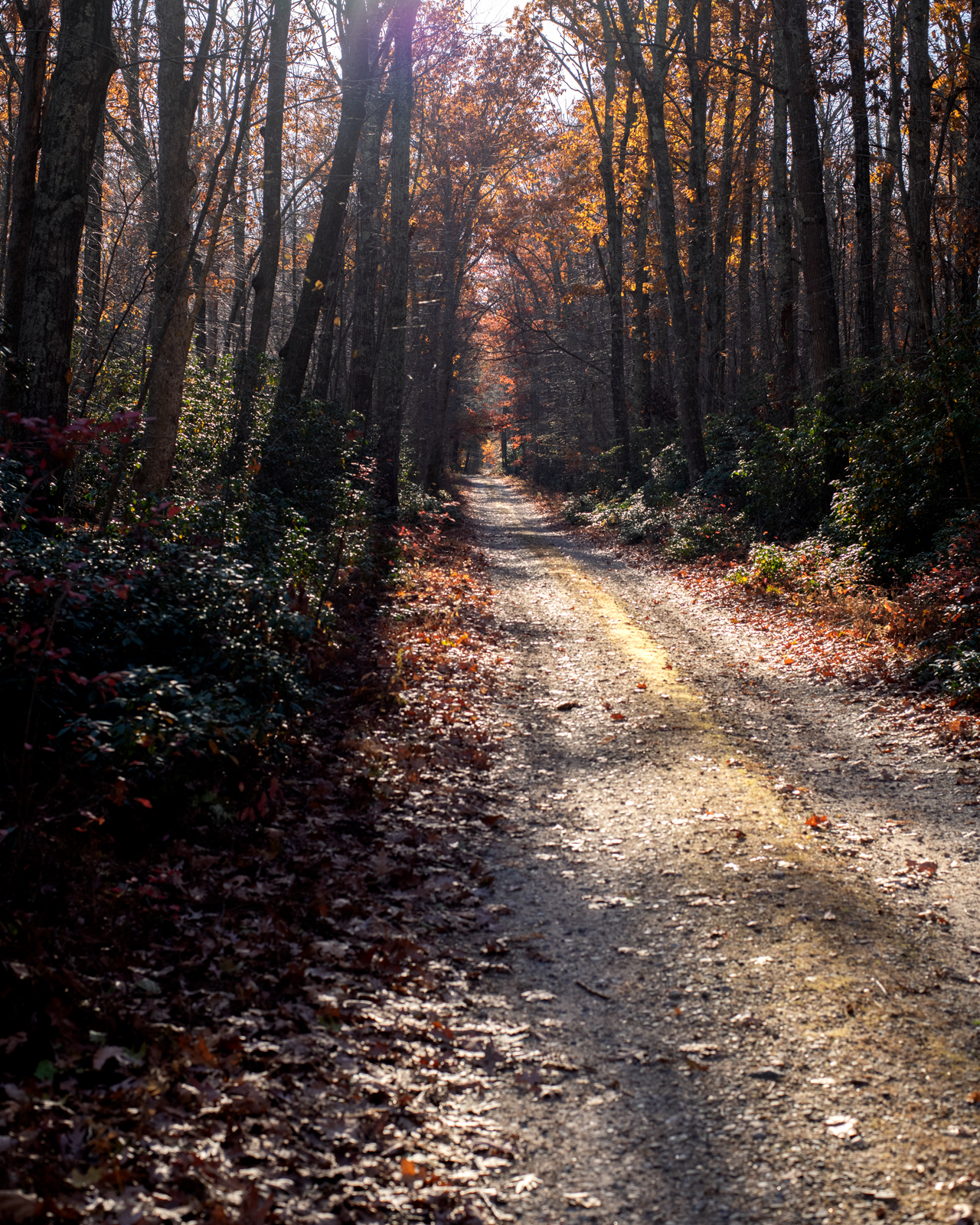
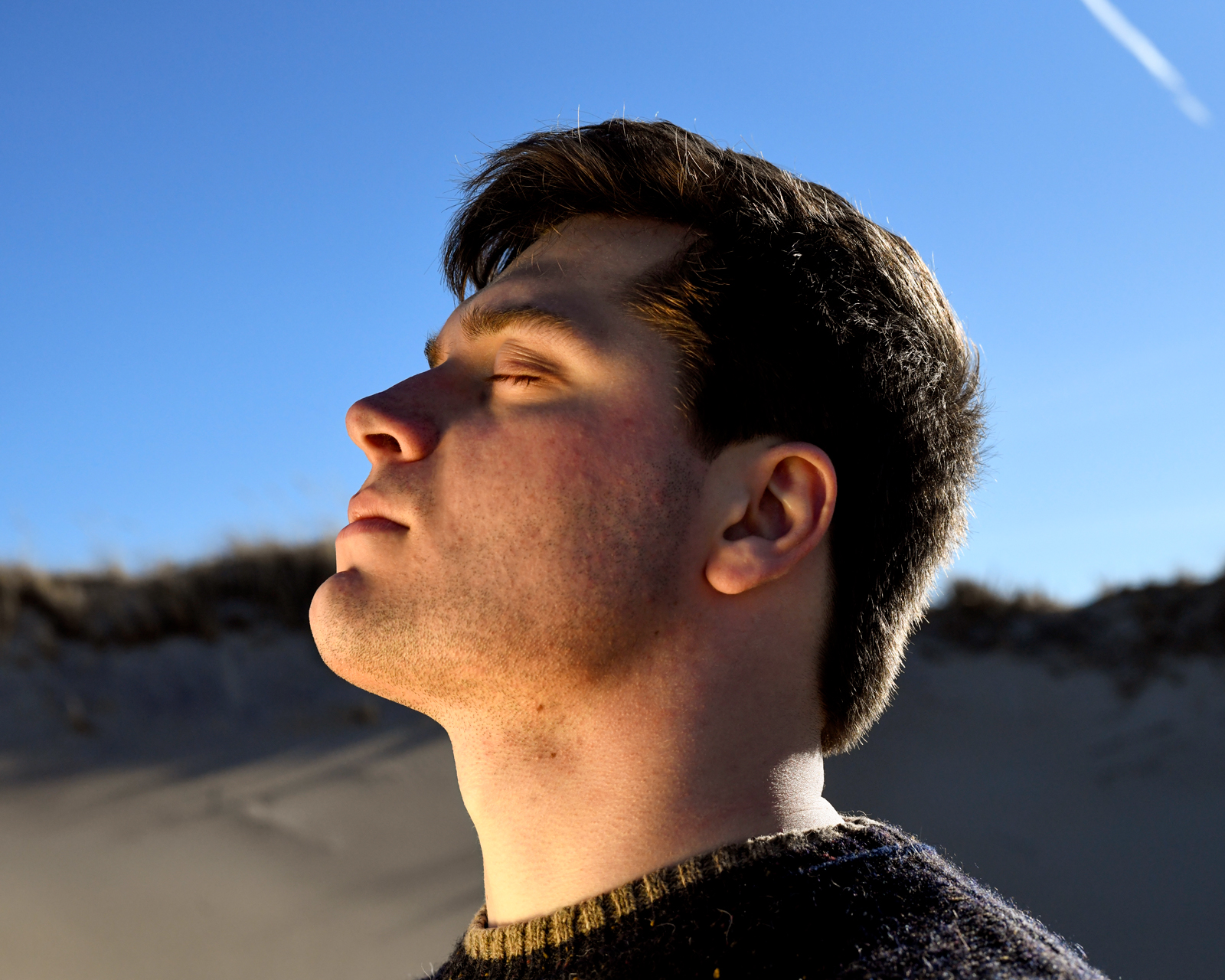
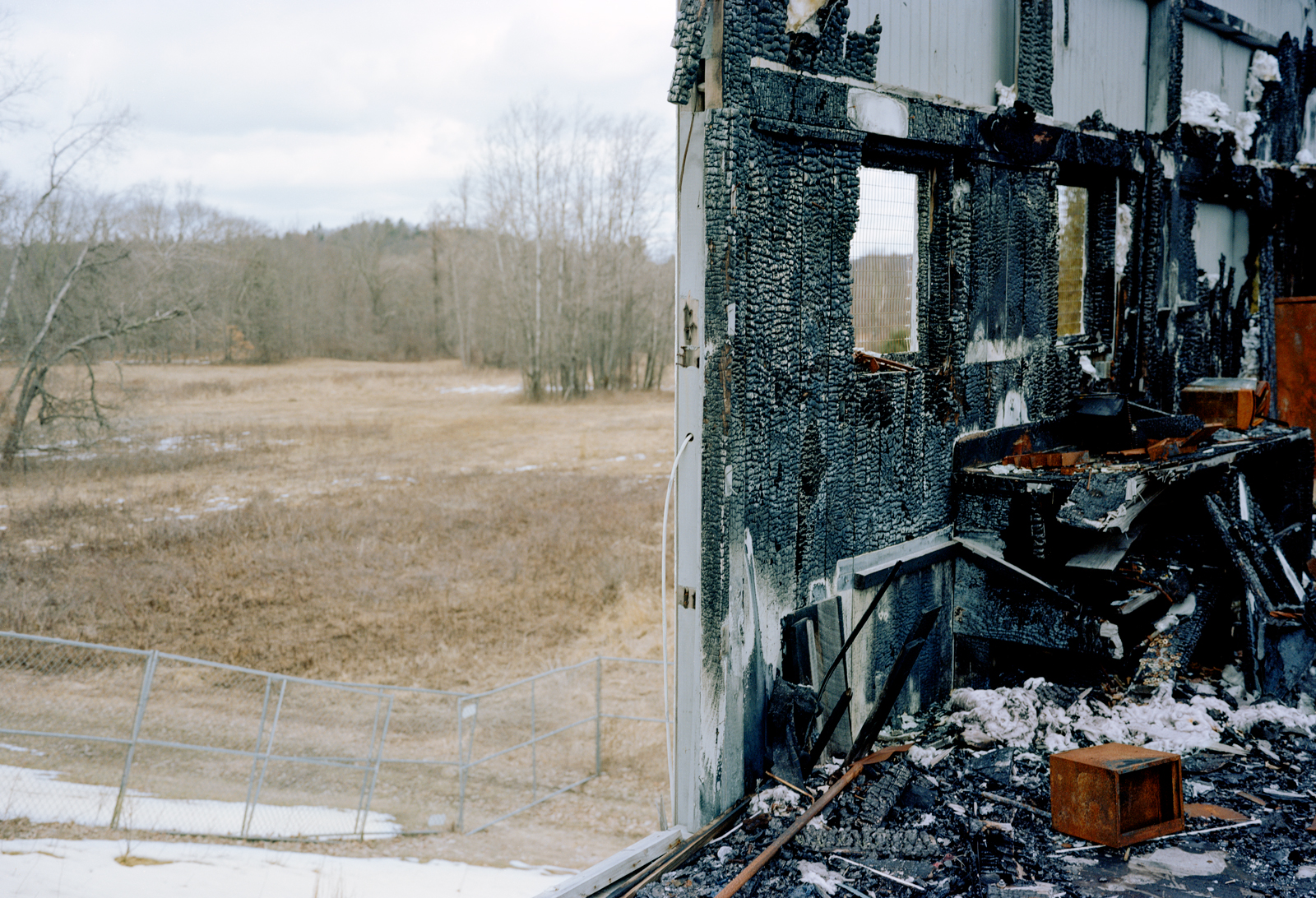
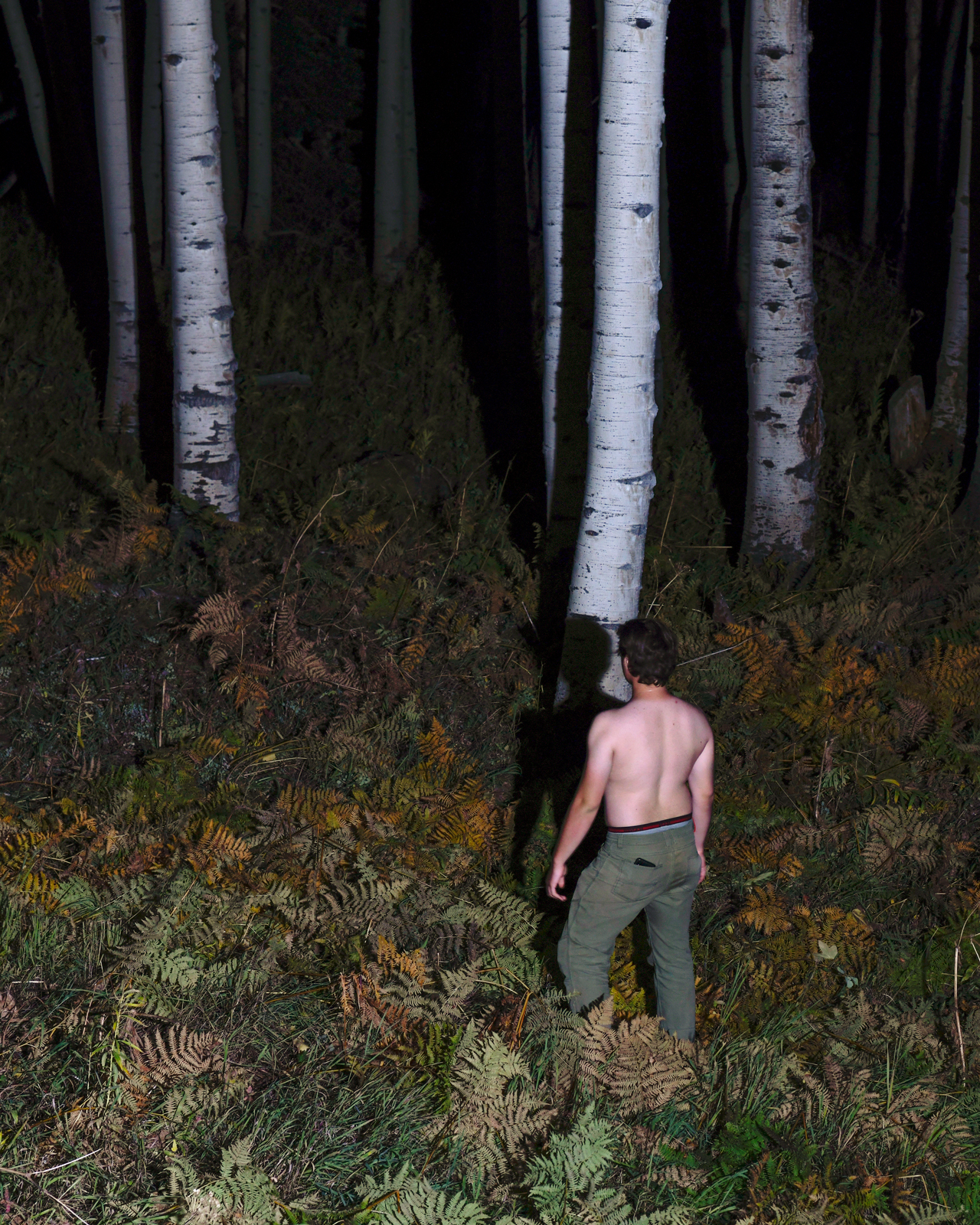
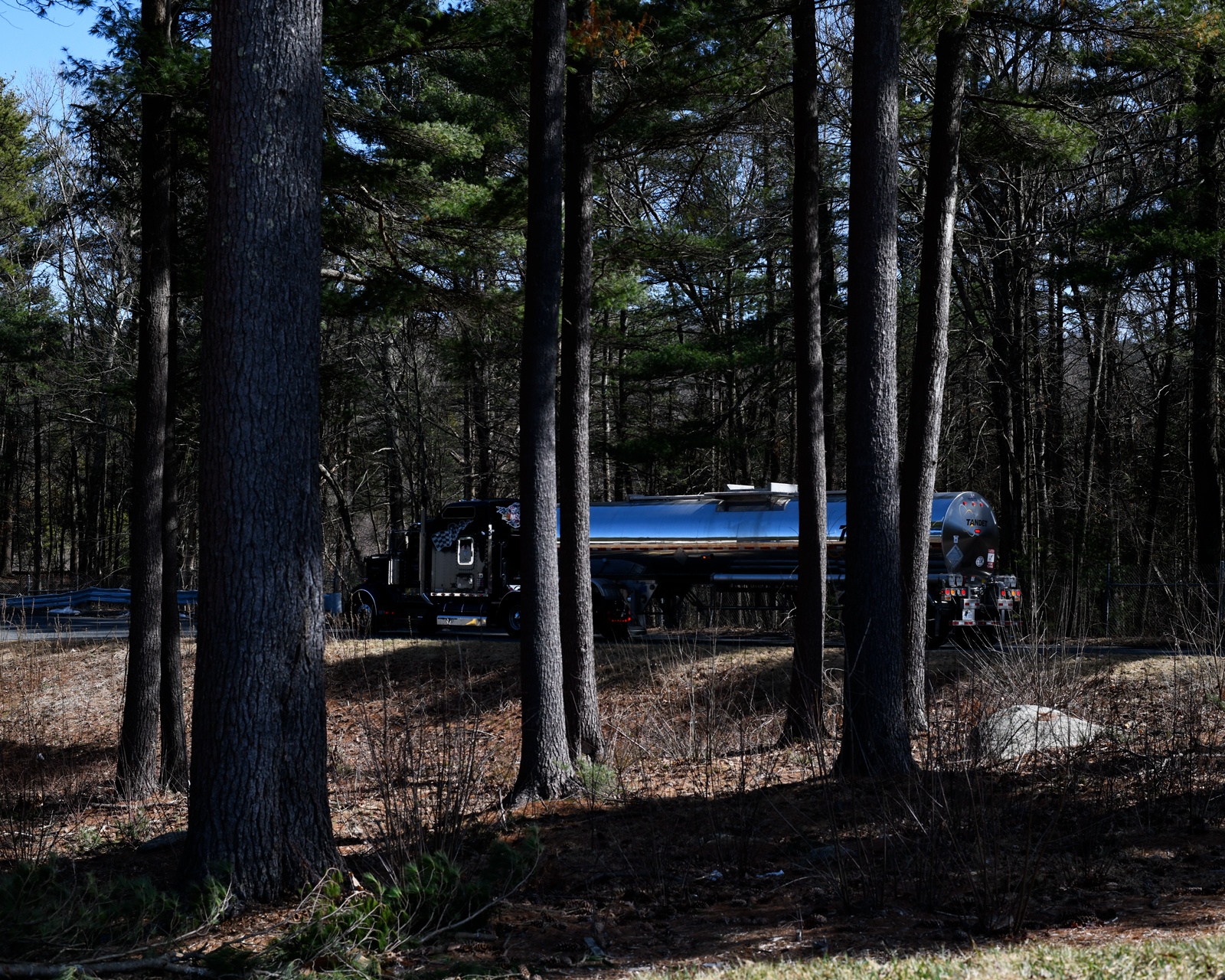
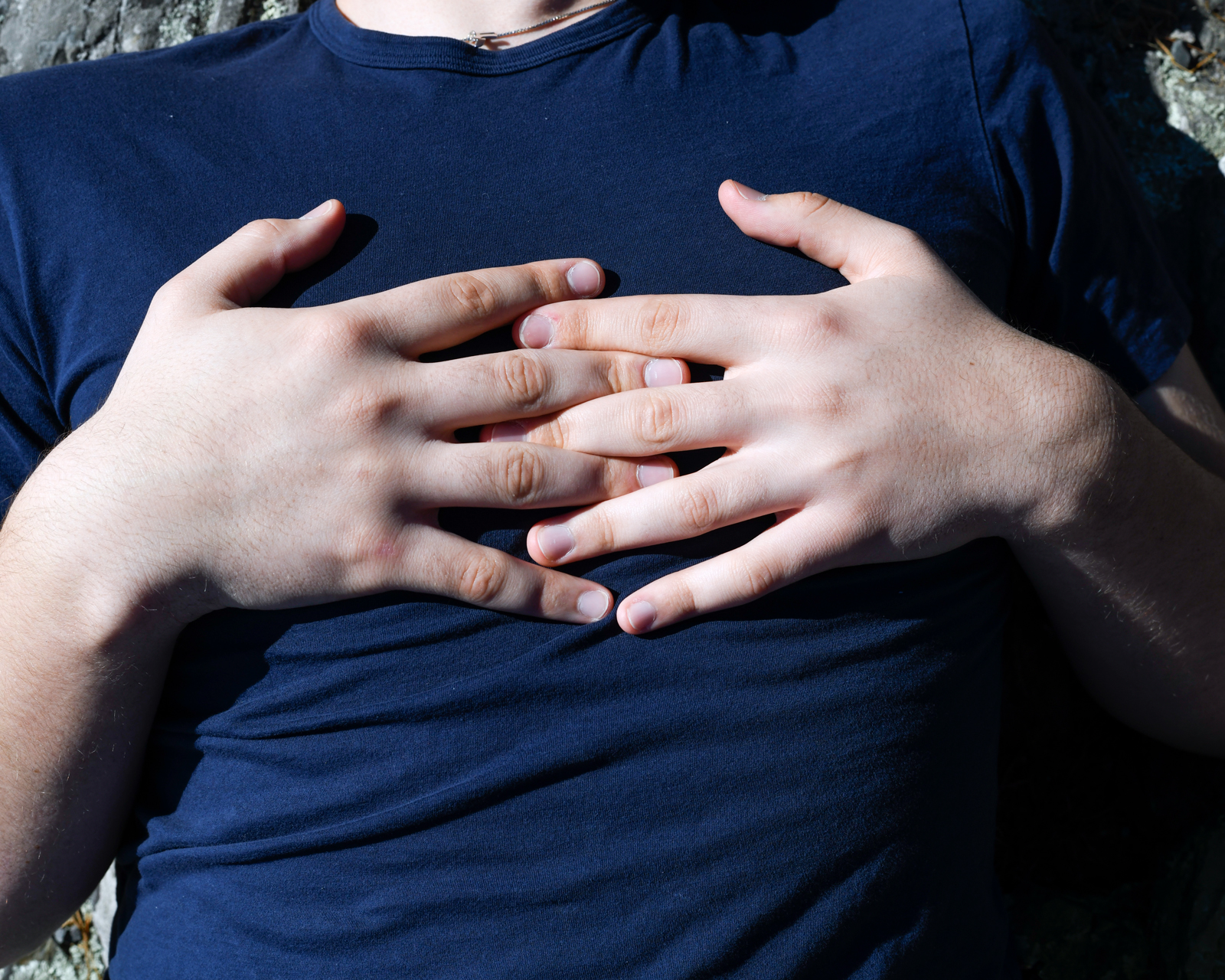
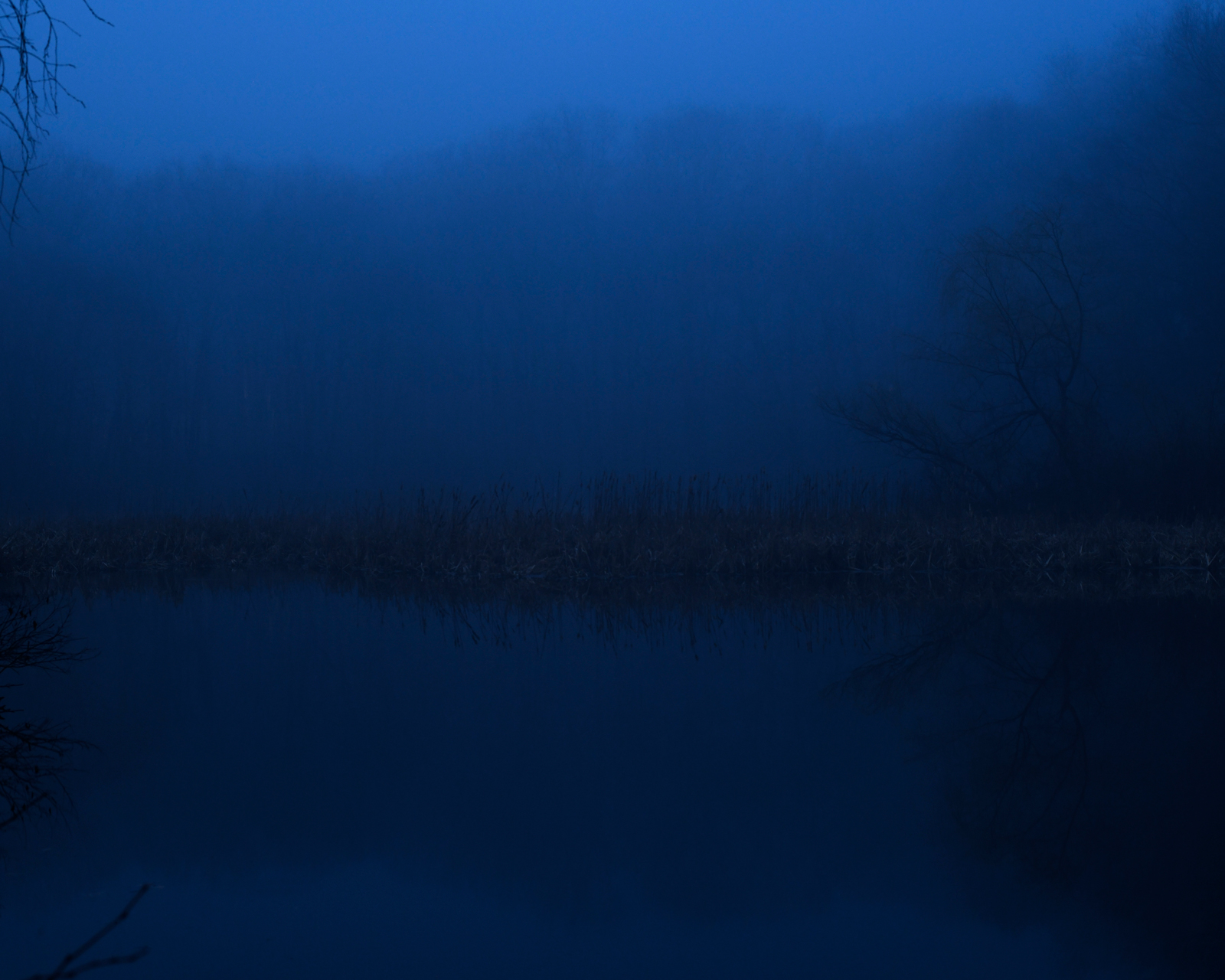
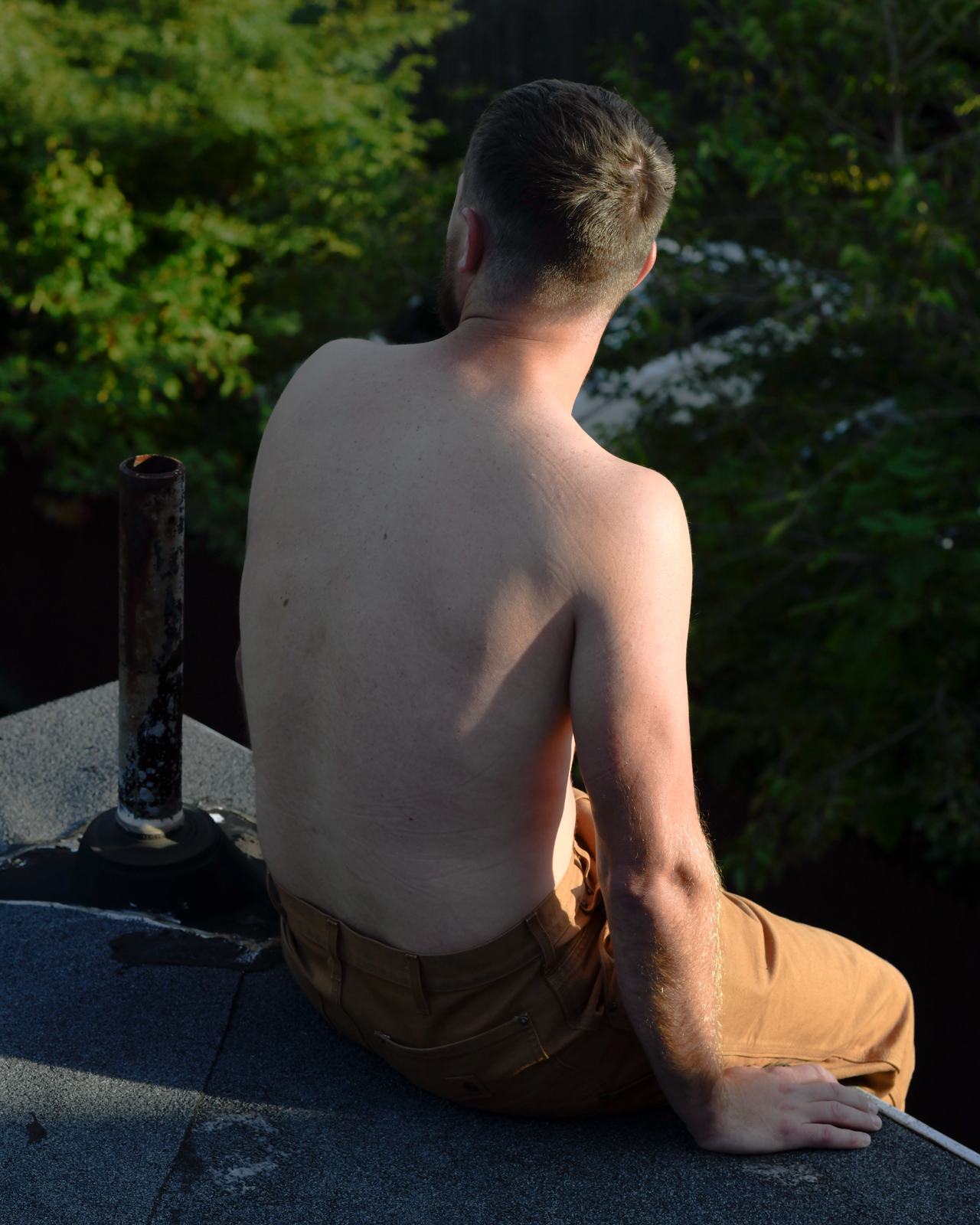
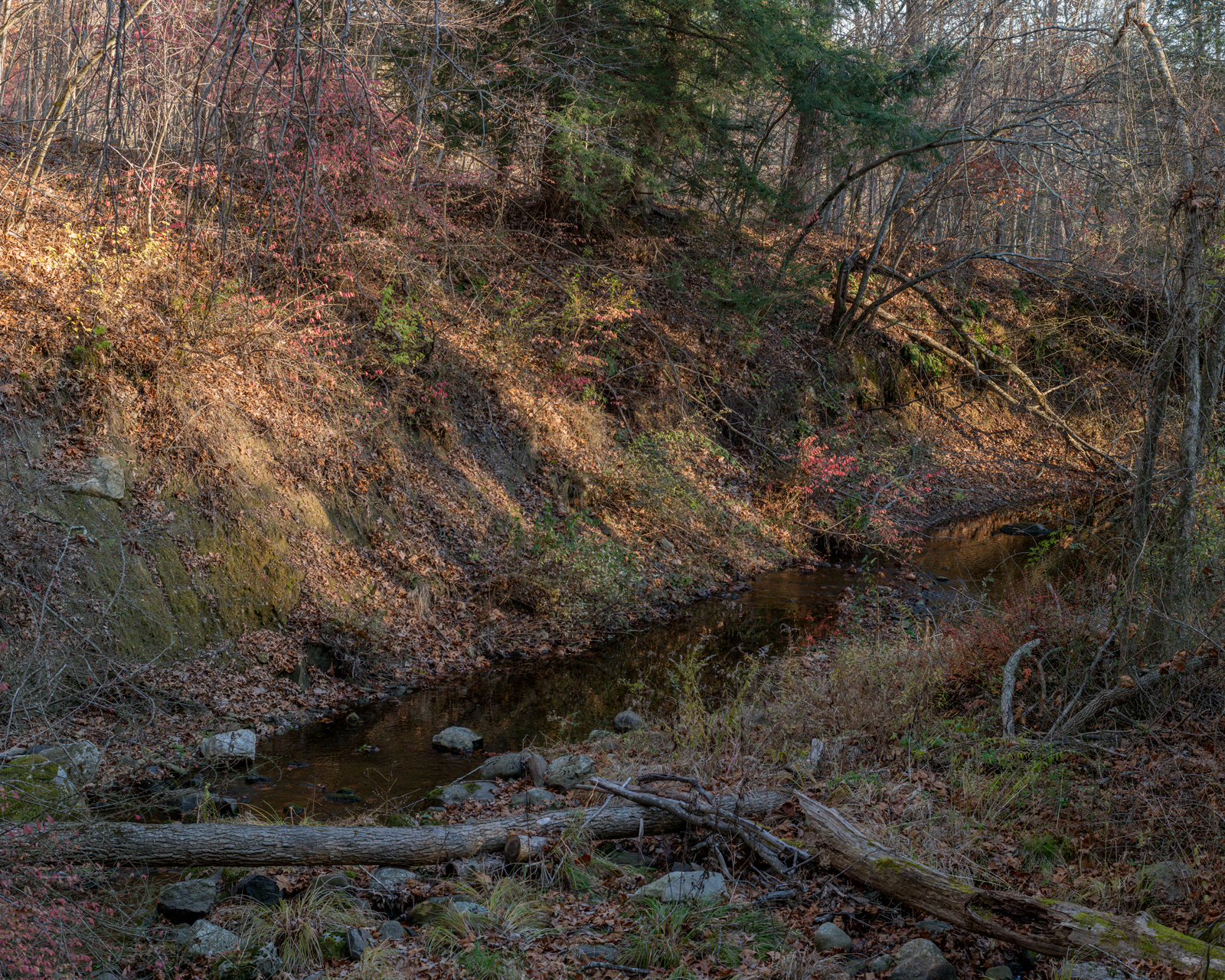
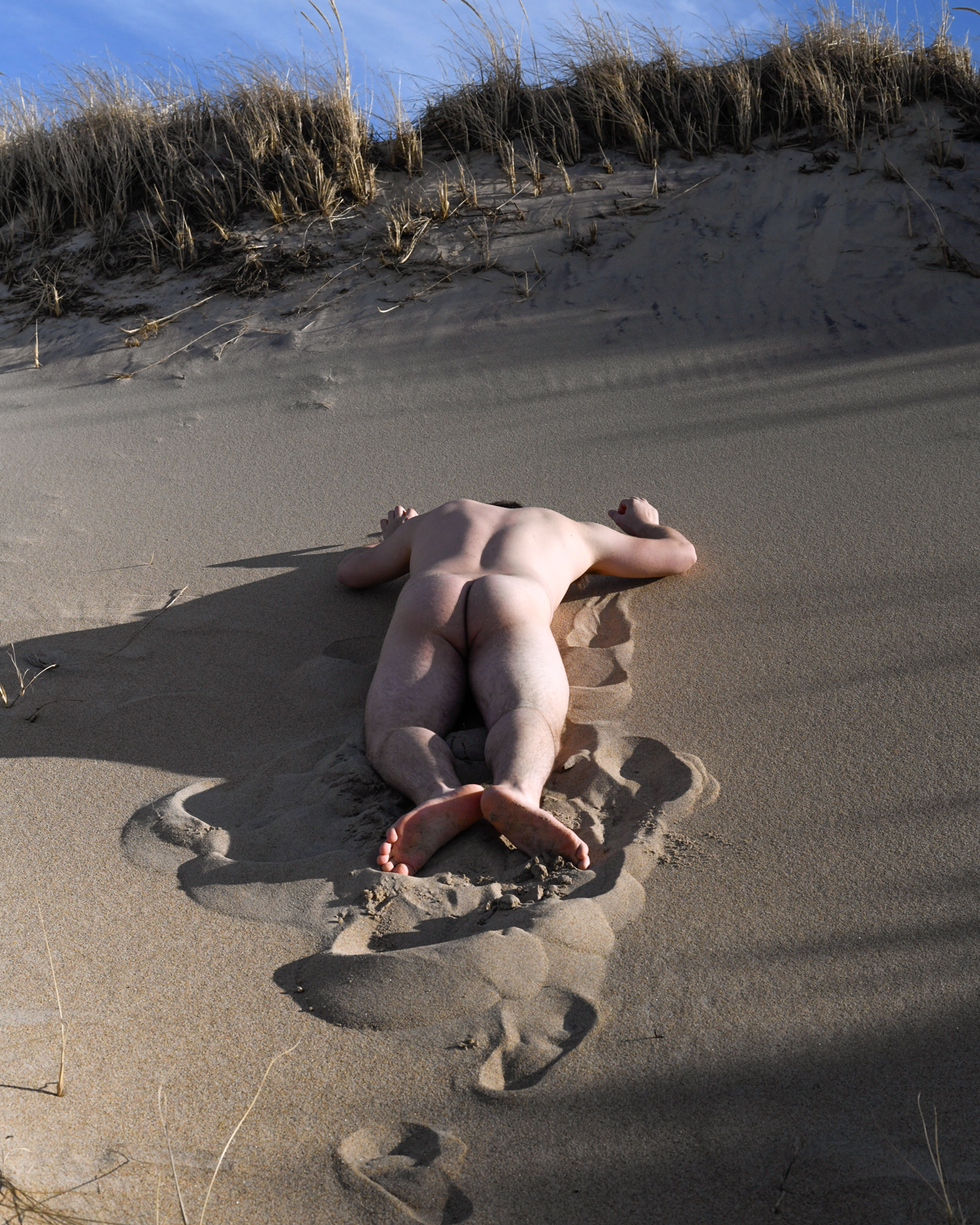
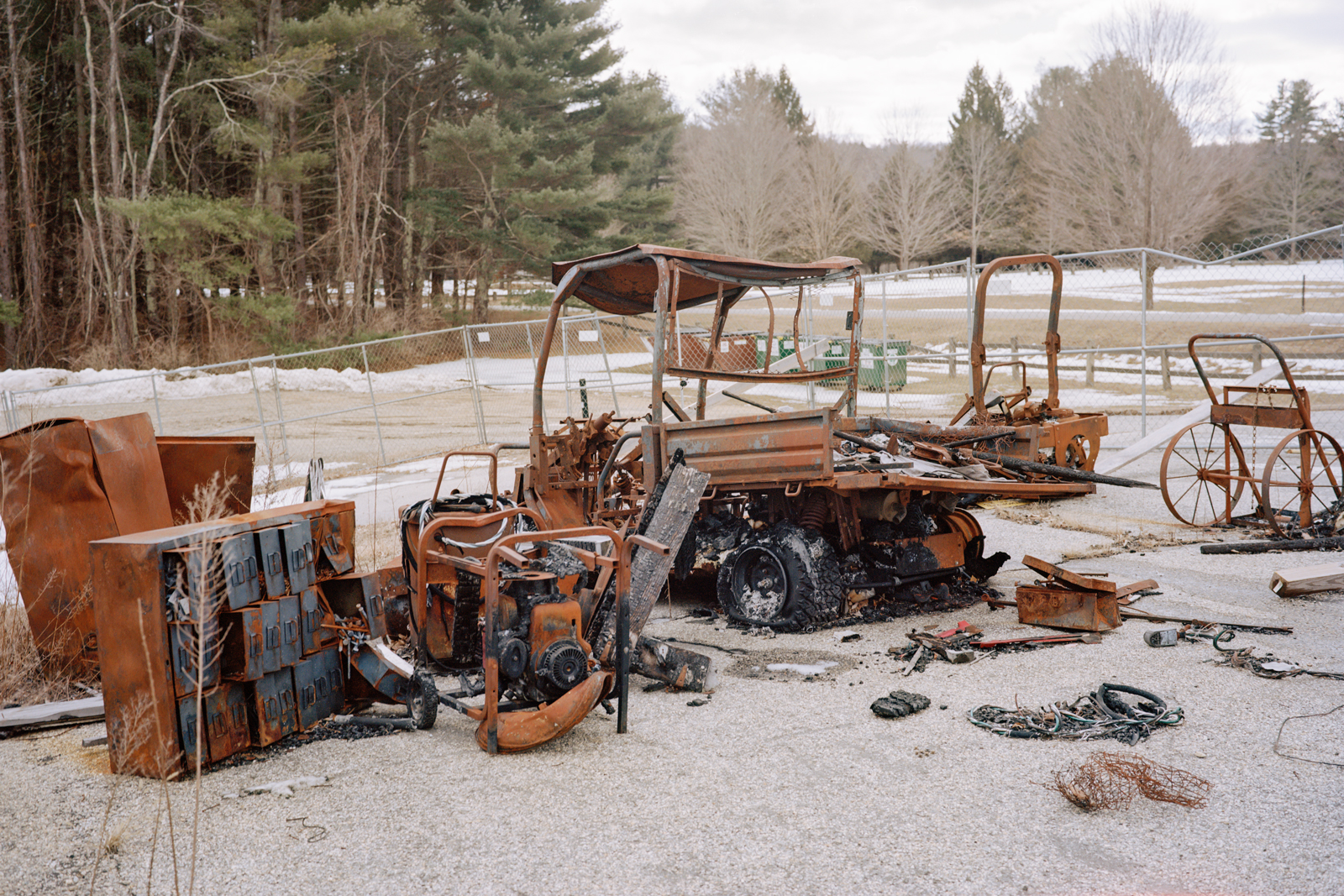
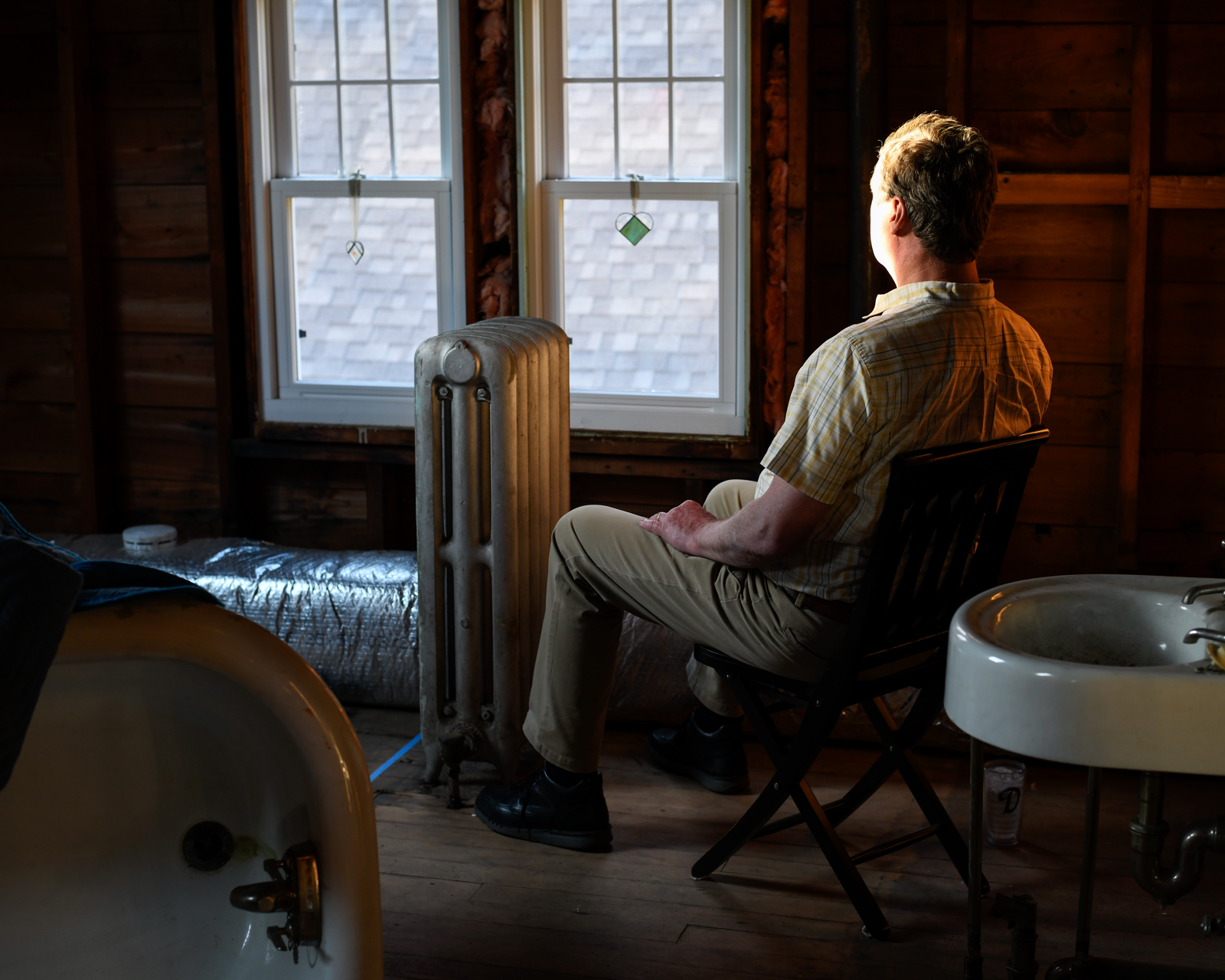


















biography
Ethan Henry Wolfgang Johnson (He/Him, b.1997, Columbia, SC) is a photographer hailing from Portsmouth, New Hampshire. His current project and into the dark, we wade is an exploration of his relationship with the oppressive and fragile nature of traditional masculinity. He is inspired by the natural world and artists such as David Hilliard, Laura McPhee, Barbara Bosworth, An-My Lê, and space exploration.
interview
Ethan Johnson Marina Sullivan
MS: Hi! It’s great to talk after this craziness of these past couple semesters.
EJ: Same here
MS: What’s a quick background about you?
EJ: I grew up in New Hampshire surrounded by woods. My dad was in the military in the 1980s so he was sort of the stereotypically stoic father figure.
MS: What was life like in school?
EJ: I never really had a solid group of friends as I was always sort of the outcast and never stuck around enough to really fit in; I moved schools a lot. This had an effect on my mental health and I fell into a deep depression for a long time throughout highschool and most of college, which really affected my image of myself and who I thought I was.
MS: When did you first discover photography?
EJ: I first picked up a camera for class when I was younger and my mom said I was going to be a photographer. I didn’t take her seriously and I actually put down the camera for a while after that just as an act of defiance. Later on I picked it back up so I guess she was right after all.
MS: Funny how that stuff works out! What’s your thesis project about and how did it come about?
EJ: My thesis work is about showing that masculinity is not just one thing. Men and people that are more masculine presenting are always seen as being strong, tough, quiet, never showing emotion, even in the most difficult situations, and always providing for someone else. I want to show the side of masculinity that is soft and fragile, that makes room for emotion, and how that can turn into something healthy and benificial. Growing up with a dad who was so stoically masculine made it difficult for me to come to terms with the things I was feeling. I want to note that I love my dad, and he’s one of my all time favorite people. This in turn made my mental health and the unease of the emotional turbulence in my 20s so much worse.
MS: That’s such a great even idea for a project that I don’t think gets touched on a lot in the photography world.
EJ: Talking about my work has always been difficult and I don’t know if I have too great of an answer right now but, it’s definitely not finished, it’s going to be a project I will work on for a while yet, maybe my entire life, because it’s so personal and difficult to talk about. I don’t know if I want this work to push too many boundaries but I do think it deserves a place, and I think people are afraid to talk about it sometimes because of the backlash. I’m a bisexual white cis male, making work about a type of person that is definetly privileged, it is incredibly difficult and I hope I do it in a delicate way.
MS: I’m definitely glad you’re making the work and I definitely think it’s worth talking about even if it is difficult, that's sometimes where the best work comes from as you’re saying.
EJ: It does need to be talked about but in the most respectful way possible, hopefully without alienating anyone. That's the main reason I’m mainly making self portraiture so far.
MS: Are you going to take pictures with or of anyone else?
EJ: Yes, I’m planning on taking pictures of friends and also some family, but only people my age and younger, as the late teens and early 20s are some of the years where this development is most important. They’re the years where you look for yourself the most. If I were to take pictures of an older demographic it may shift the narrative.
MS: I totally agree with you, what mediums are you using for this project?
EJ: A mixture of film and digital, in the future I’d love to use film more because it really slows things down and makes it a lot easier for me to compose a frame.
MS: What emotional reaction do you want to get out of the work, or what do you want people to see your work as?
EJ: I want people to look at them with a tenderness and that goes for anyone. To look at the work and see that there’s a side to a man that's not all strength, that there's a fragility and delicateness to that person too. I want the preconceptions of the male body to be stripped away and the tenderness of that person to come through, through life's changes of things coming and going.